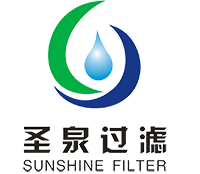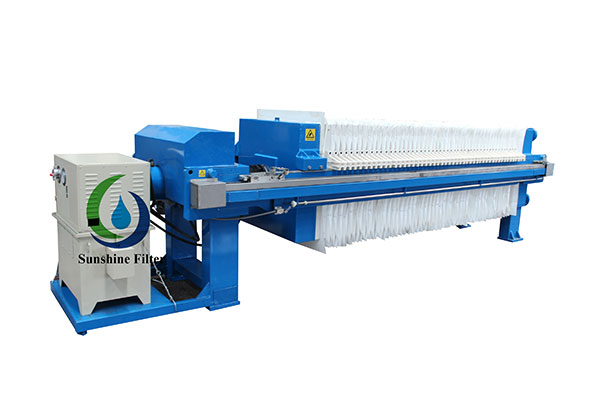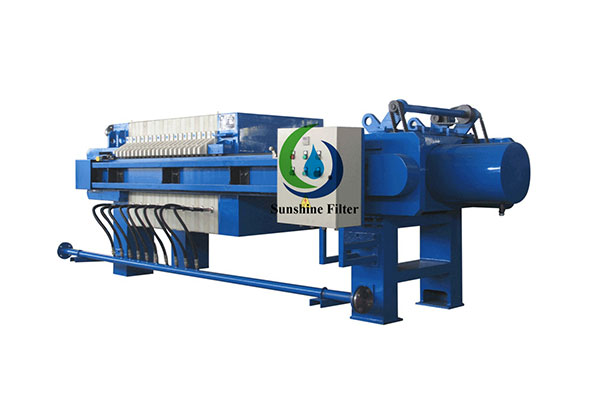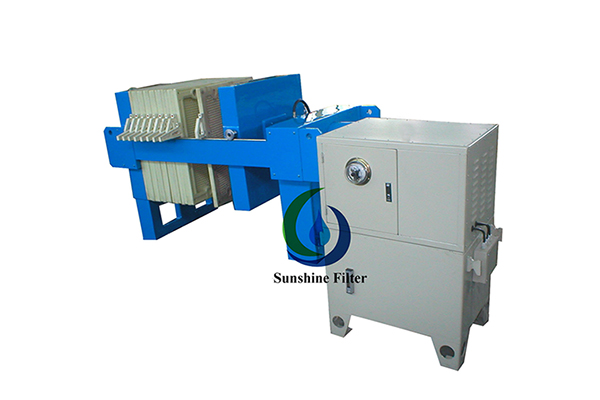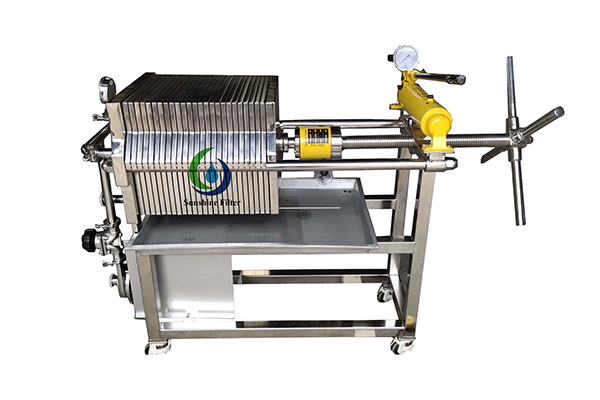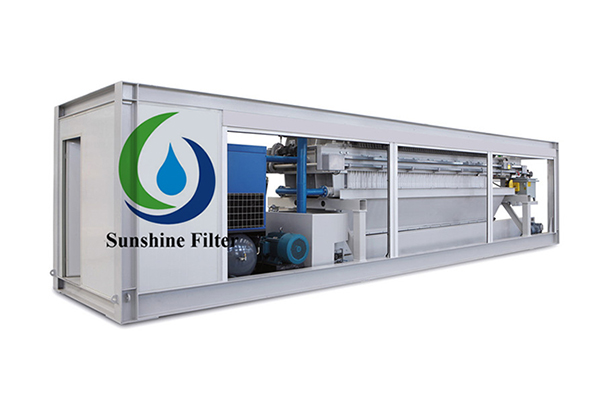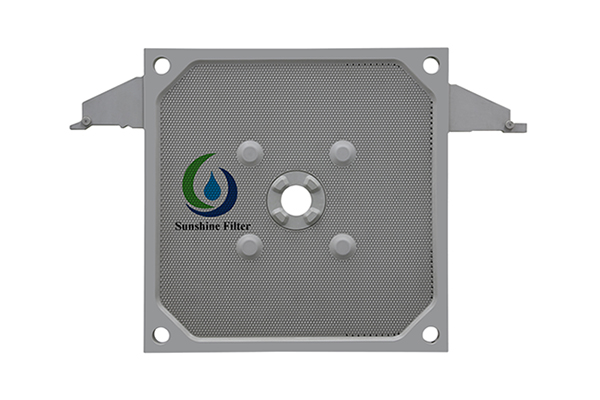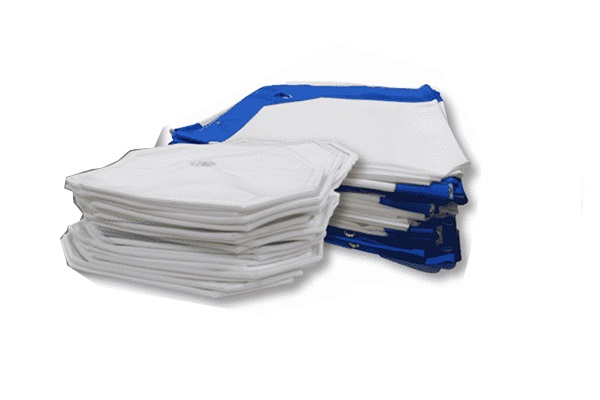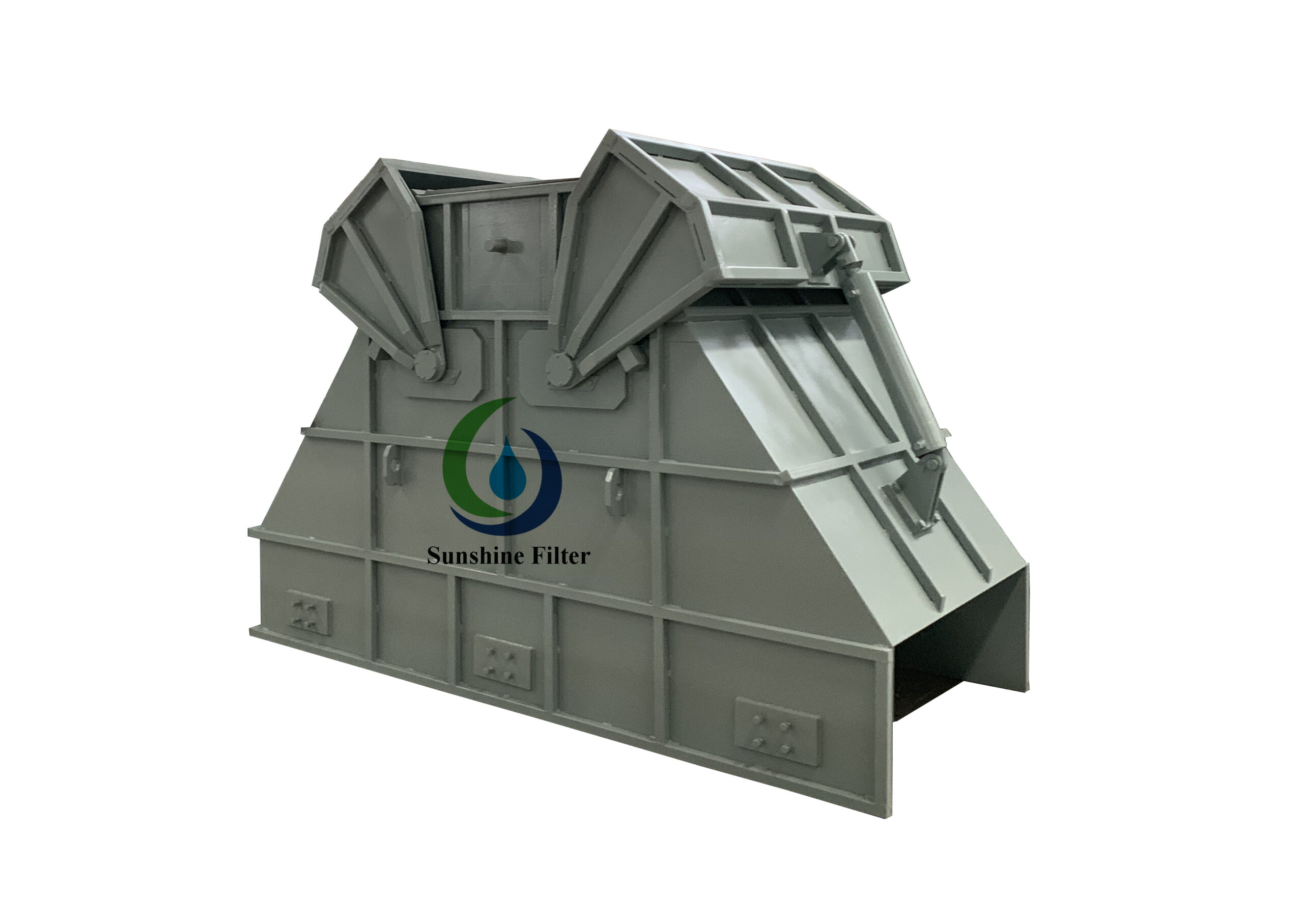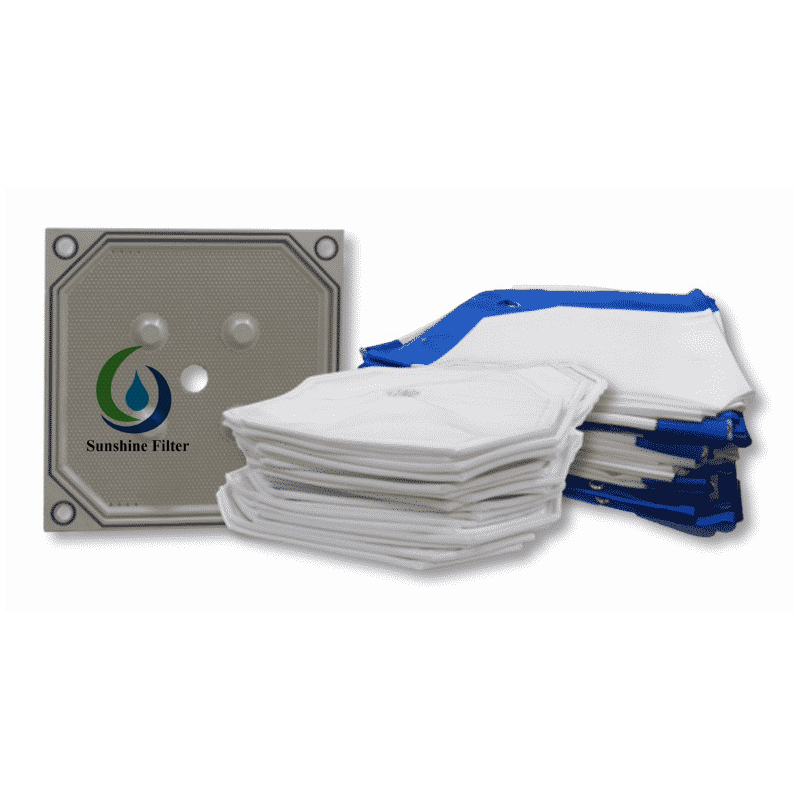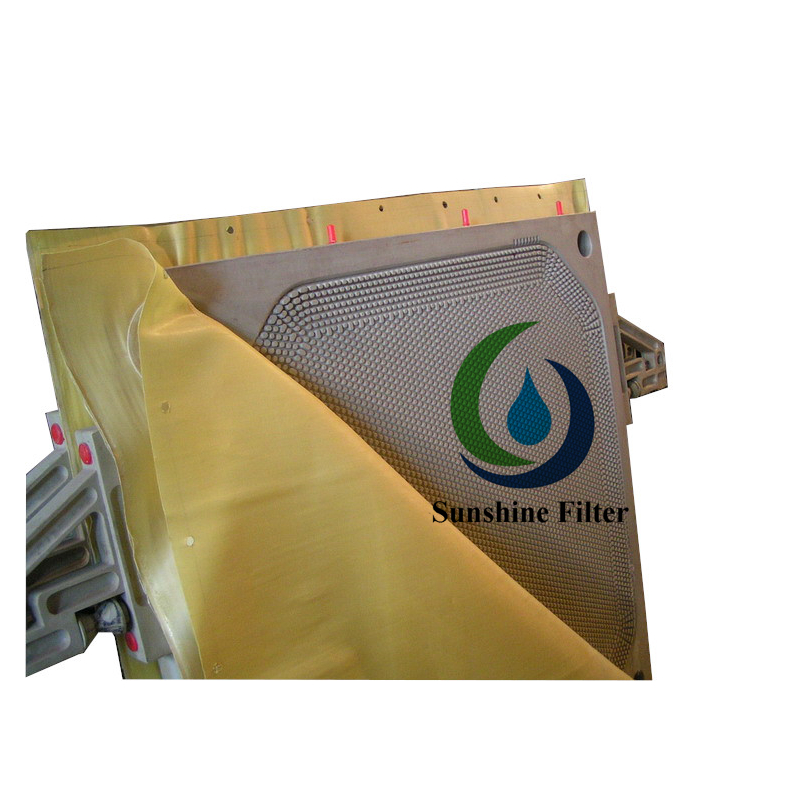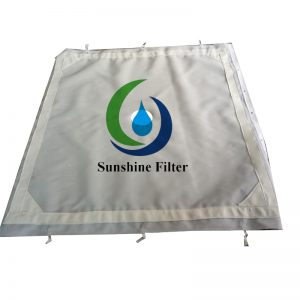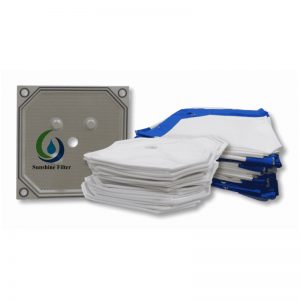FILTER CLOTH SPECIFICATION
We place the emphasis on value, which is why we offer products that keep costs down. Our products are of the highest quality, and we offer filter cloths made of the following materials:
-Polypropylene
-Polyester
-Nylon
-Vinylon
-Felt
Mainly material properties are as followings:
|
Properties
|
Polyester
|
Nylon | Polypropylene | Vinylon |
| Acid-resistant | Very good | not good | good | bad |
| Alkali-resistant | not good | good | very good | very good |
| Conductibility | bad | better | good | common |
| Breaking Stretch | 30-40% | 18-45% | >30% | 12-25% |
| Recoverability | very good | >90% when
10% stretch |
good | not good |
| Wearability | very good | very good | good | better |
| Heat-resisting | 1700C | 1300C less contraction | 900C less contraction | 1000C contraction |
| Softening-point | 230-2400C | 1800C | 140-1500C | 2000C |
| Melting Point | 255-2650C | 210-2150C | 165-1700C | 2200C |
Note: The polyester cannot resist strong sulfuric acid and heated formic acid. The polypropylene cannot resist strong nitric acid, chlorosulfuric acid, strong caustic soda, strong acetic acid, and acrylic acid and chloro-aromatic hydrocarbon.
Besides for the better interception result and filter speed, choose filter cloth according to the granularity, density, viscosity, chemical composition and filtering technology conditions. Due to variety of filter cloth material and pattern, there are different strength, extension percentage, penetration and thickness of filter cloth, and thus the different filtering efficiency. In addition, the cotton cloth, adhesive-bonded fabric, mesh screen, filter paper and porous membrane also may be used for filtering medium. If you need any consultation service please contact with our technical team.
